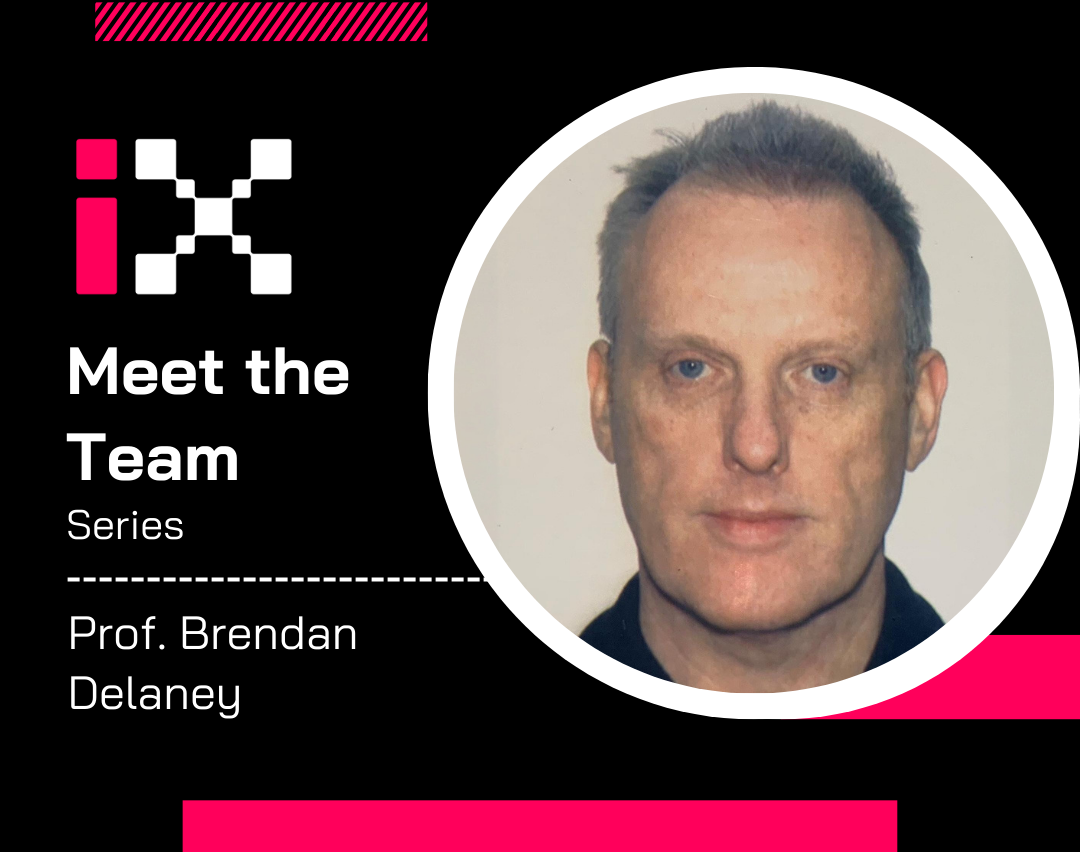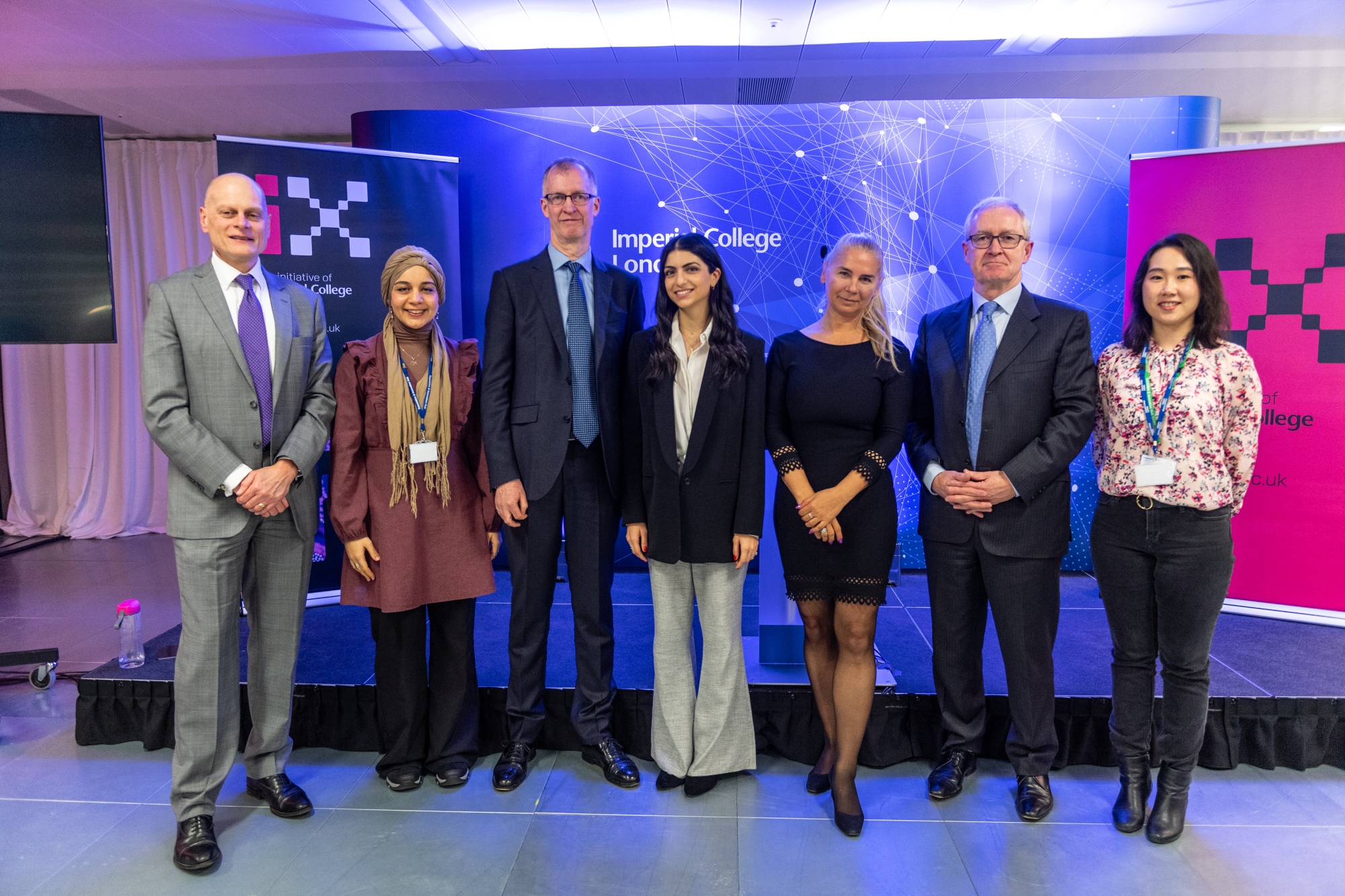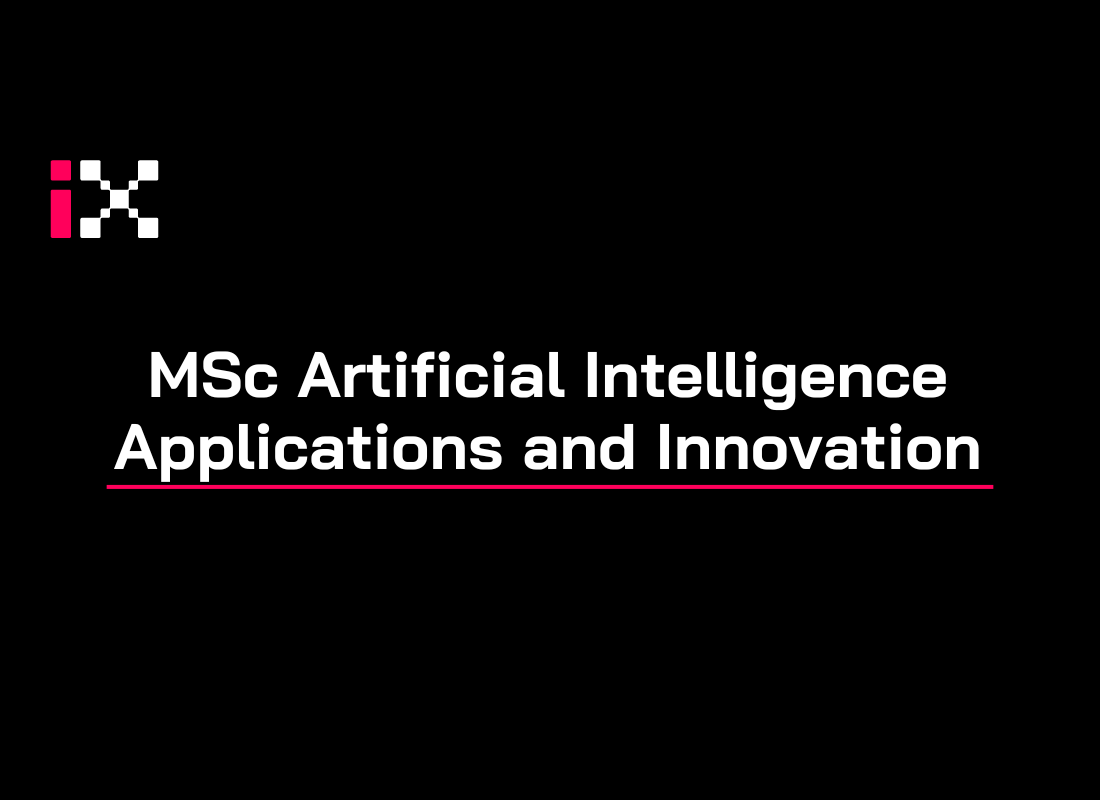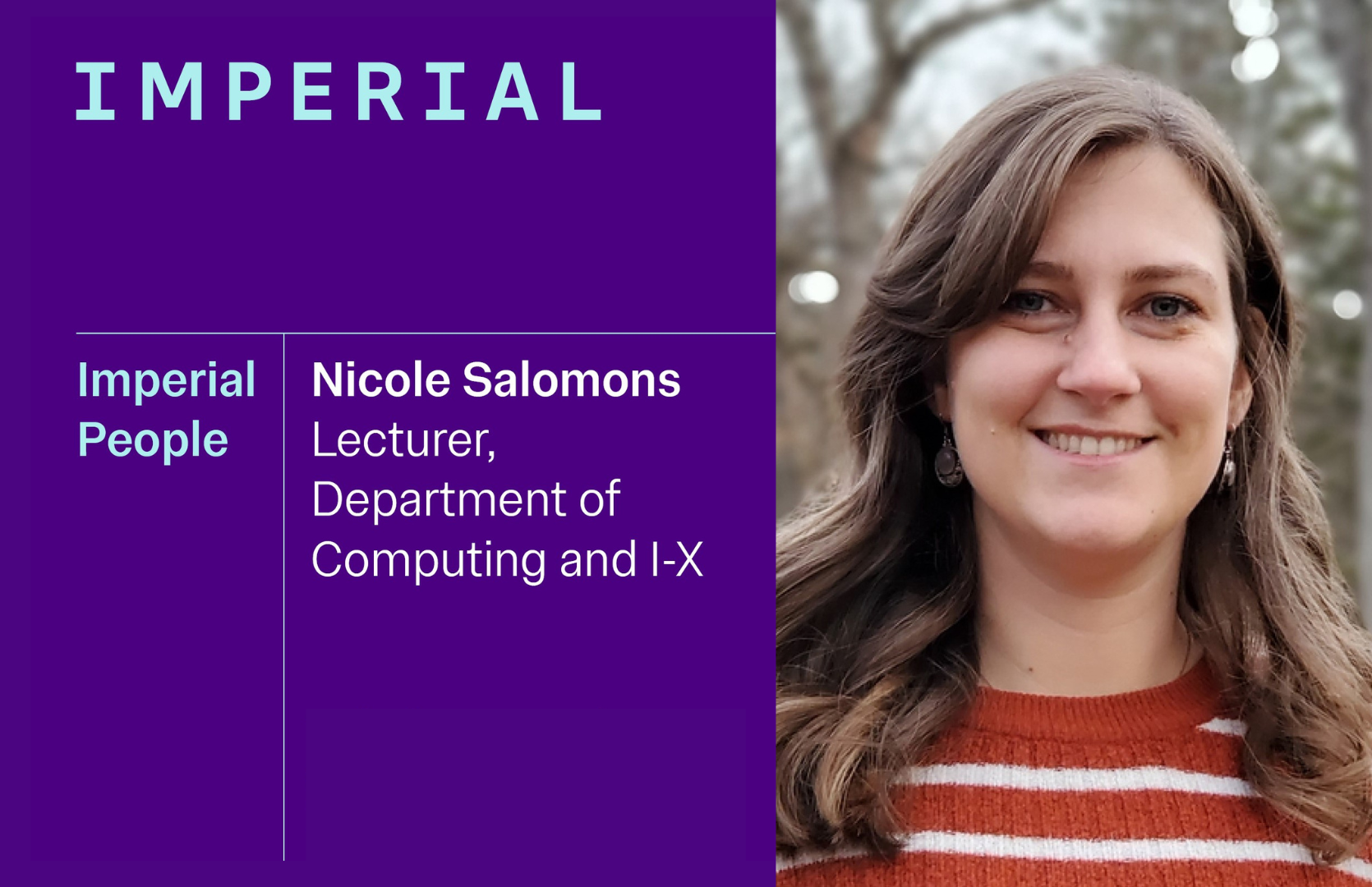
We are thrilled to welcome Professor Brendan Delaney to the I-X Team!
Welcome to the I-X team! Could you tell us a bit about yourself and your research interests?
I am a leading exponent internationally of the “Learning Health System’ (LHS) concept. Although my initial training in research was in health technology assessment, real-world (pragmatic) clinical trials and clinical research in Family Medicine, since 2003 I have worked in the area of Clinical Informatics, being appointed to a Chair in Medical Informatics at Imperial in 2015 and elected one of the first 100 founding fellows of the new UK Faculty of Clinical Informatics in 2017 (now part for the British Computer Society).
At Imperial, I work at I-X and the Institute of Global Health Innovation, with research in Artificial Intelligence, cancer diagnosis and learning systems. I am a member of the Medical Research Council Data Science Strategic Advisory Group. My interests lie at the intersection of health services research (how to deal with patient problems equitably and efficiently), data semantics and clinical meaning, and machine learning based model validation and evaluation.
The majority of my current work is in the field of applied AI, as part of the Explainable AI in Healthcare Group at I-X, led by Professor Alessandra Russo (Department of Computing). I am involved in the following areas, particularly where they involve commercial partners and translation into healthcare:
- Learning from multimodal data using transformer-based machine learning and knowledge graphs to drive AI for diagnosis in primary care.
- The use of EHR plug-in apps and pre-GP access virtual AI-driven history-taking apps for capturing symptoms and signs from patients.
- Natural Language Processing of EHR text data to construct knowledge graphs, including the use of Large Language Models.
What do you see as the main opportunities and risks of deploying AI at scale in the healthcare sector?
It is quite clear that at present we are at a point of great opportunity and great risk with AI in healthcare. There has to be a balance between regulation and safety assurance on the one hand and enabling innovation on the other. Healthcare is a safety-critical industry, but also highly complex both in its functions and organizational systems. Safety risks do not readily surface in routine care as they happen by shifting probabilities of diagnosis and treatment in individual patients whose outcomes are not readily observed. Clear pathways for validation, regulatory approval, explainability and transparency, and ongoing monitoring are essential to protect patients. However, too high a barrier can stifle innovation and the ability of the system to benefit. The UK regulatory system for medical devices is in development at present with additional delays as convergence with EU and US partners is desired. It is crucial that ML and AI projects are informed by clinical expertise and best practice in validation and evaluation methods right from the start, with close collaboration between industry and regulators.
What attracted you to work at I-X?
I-X has been set up to address exactly the issues that I identified above, close day-to-day interdisciplinary working across both academic and external partners, especially in industry and policy. I have been an affiliate of Professor Russo’s group for a year, and we have benefitted hugely from the team working together without boundaries. Co-location is key to this. I am delighted to have been appointed to I-X Faculty and I look forward to many fruitful collaborations.
What are you interests outside of work?
Primarily photography. It’s what I would have done had I not gone to Cambridge then Oxford to study medicine. My interest lies in street and documentary photography and I both contribute to a collaborative that exhibits annually in Central London (http://www.24photography.org) and convene the ‘Street and Documentary’ group for London Independent Photography. I have exhibited and published my work over some years. www.brendandelaneyphotography.com



